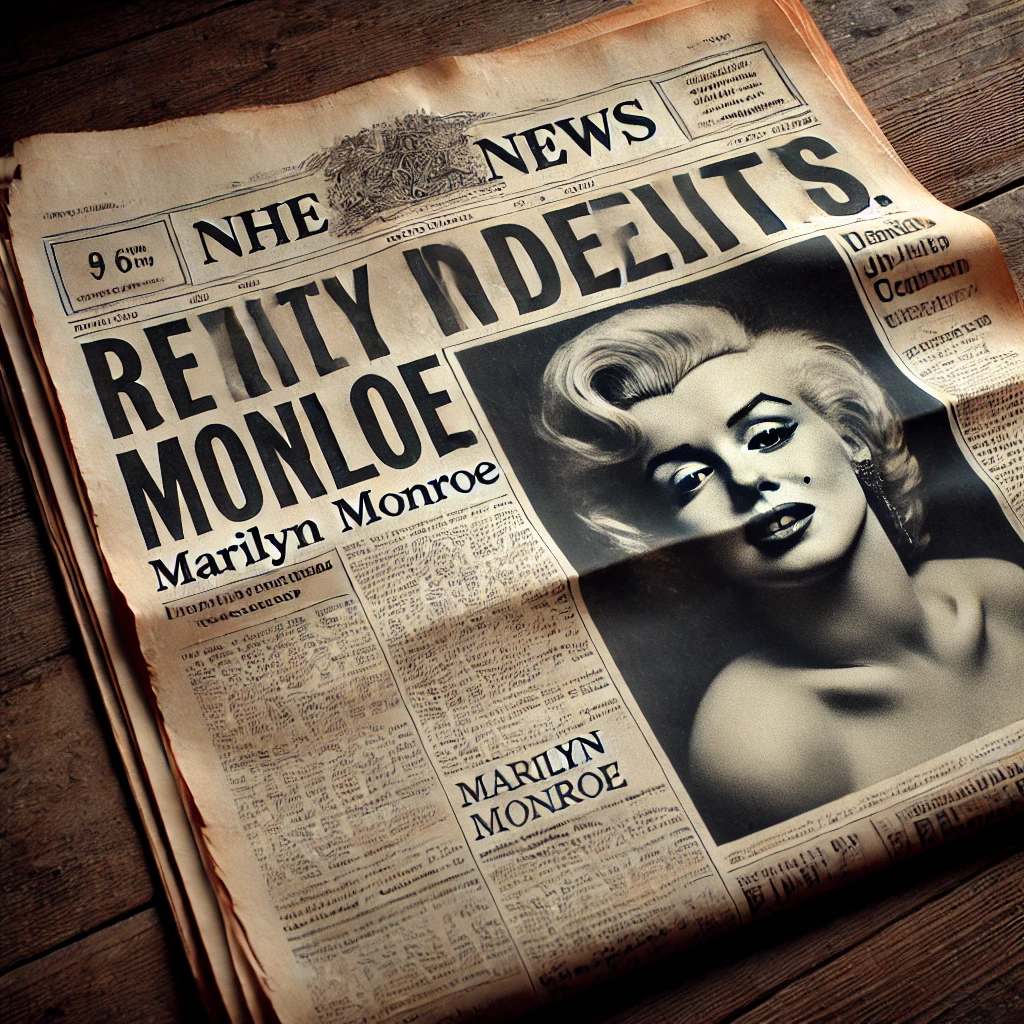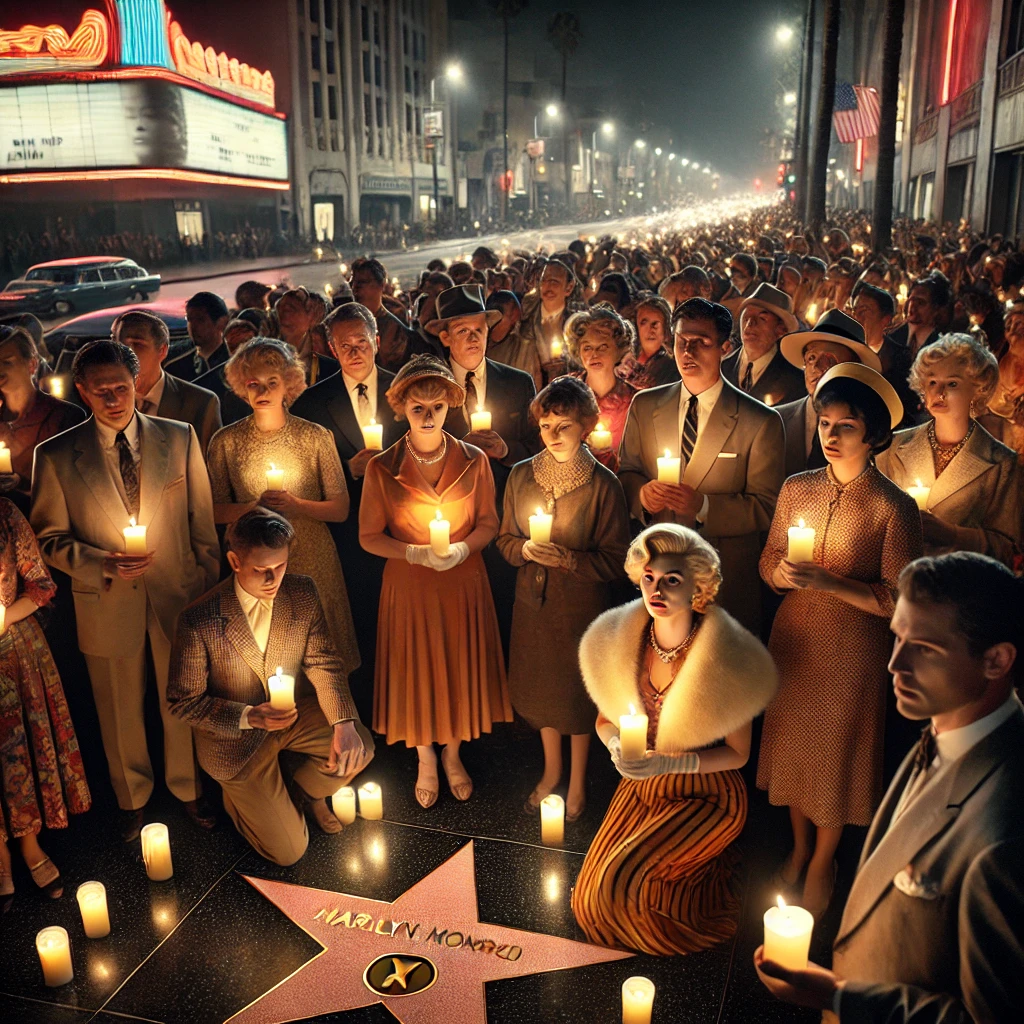On August 5, 1962, Marilyn Monroe was found dead in her Los Angeles home at the age of 36. The discovery of her body marked the end of a tumultuous life for one of Hollywood’s most iconic and beloved stars. Monroe was found in her bedroom, and the official cause of death was ruled as a probable suicide due to an overdose of barbiturates. Her death shocked the world and marked a somber moment in the history of American cinema.
Monroe’s death came after a series of personal and professional struggles. Despite her fame and success as an actress, she faced significant challenges, including mental health issues and turbulent relationships. Her passing was a significant loss to the entertainment industry and to her millions of fans around the globe.

The Life and Legacy of Marilyn Monroe
Marilyn Monroe, born Norma Jeane Mortenson, was one of the most iconic figures of 20th-century cinema. Her career began in the 1950s, and she quickly became known for her roles in films such as “Gentlemen Prefer Blondes” and “Some Like It Hot.” Monroe’s blend of beauty, charisma, and talent made her a cultural icon, and she remains a symbol of Hollywood glamour and sophistication.
Throughout her career, Monroe struggled with personal issues and had a series of high-profile relationships and marriages. Despite these challenges, she left a lasting impact on film and popular culture. Her legacy endures through her films, photographs, and the continued fascination with her life and career.

The Circumstances Surrounding Her Death
Marilyn Monroe’s death has been the subject of significant speculation and controversy over the years. The official ruling of her death as a probable suicide was based on the presence of barbiturates in her system, but there have been numerous theories and rumors regarding the circumstances of her passing. Some suggest that her death was the result of foul play or a cover-up.
The investigation into Monroe’s death was conducted by the Los Angeles Police Department, and the findings were consistent with the initial ruling of suicide. However, the numerous conspiracy theories and the high-profile nature of Monroe’s life and death have kept public interest and debate alive for decades.
The Enduring Impact of Monroe’s Death
Marilyn Monroe’s death on August 5, 1962, remains a poignant and influential event in the history of entertainment and pop culture. Her passing at a young age and the circumstances surrounding it have contributed to the ongoing fascination with her life and career. Monroe’s legacy continues to captivate audiences, and her story is frequently revisited in books, films, and other media.
Monroe’s impact extends beyond her contributions to film and fashion. She represents the complexities of fame and the struggles faced by individuals in the spotlight. Her story serves as a reminder of the pressures of celebrity and the need for understanding and compassion for those who face personal challenges.

The tragic death of Marilyn Monroe is a significant chapter in the history of Hollywood and remains a subject of interest and reflection. Her life and career continue to be celebrated, and her influence persists in the world of entertainment and beyond.
